At a time when David Lynch is performing daily weather reports (always in sunglasses), acting as inspiration (the now-on-line The Black Lodge opera from composer David T. Little) and planning his first New York representation through Pace Gallery with its initial exhibition “Big Bongo Night,” opening in November with a show of paintings, etching and mixed-media lamp sculptures, it would be decent to consider what he does best: film. And in November, that means the Lost Highway 4K Ultra HD Blu-ray through the Criterion Collection.
Initially inspired, in part, by the O. J. Simpson murder case and the ex-baller’s ability lead his life after the guilty-but-not-guilty verdict, a Möbius strip’s circular logic and Freudian psychological theory, Lynch’s 1997 film is the first of his (un-pronounced) Los Angeles trilogy, a noir avant-garde Raymond Carver-esque blinking, blinding look at a “fantastic LA” without the medflies, that the filmmaker continues with 2001’s Mulholland Drive and 2006’s Inland Empire. Here, a “21st-Century noir horror film” (as Lynch once called it) spins slowly in rose-is-a-rose fashion with the first words we hear — “Dick Laurent is dead” — wind up being the last, all uttered by Fred, a successful, suspicious-looking saxophonist (played smirkingly by an elastic Bill Pullman) who lives sparsely and geometrically with a moody brunette wife, Renee (Patricia Arquette), who’s never home. Their ex is dull. They never talk. That is until unmarked videotapes start arriving at their front door, tapes which show the interior of Fred and Renee’s house, ending up in their bedroom as they sleep. The next thing we know, Fred and Renee are at a party when they meet Robert Blake (famed, like O.J. for killing his wife) in kabuki white make up, and that’s not off-putting. Once home again, when Fred wakes up the next morning, he arises to another video tape; this one slower, grainier and depicting his blood strewn mutilation of Renee. Fred doesn’t remember this, so he goes to jail where he begins to not feel well. Perhaps it’s that quickly darkening brown spot on his head. Next thing we see is Gary Busey and Balthazar Getty driving in fast car (that already sounds dangerously weird), they get blinded by bright light and smoke and Getty’s character, Pete, appears the next morning in Fred’s cell with a bloody gash on his head. Fred is no longer there. Pete gets out of jail and goes to his new (or old) garage job, where he takes good care of spittle-spewing Dick Laurent/Mr. Eddy (Robert Loggia), a man who’s violently particular about driving safety. One day Mr. Eddy brings in his bad car and his bad blonde wife, Alice (Arquette). And now, things get interesting.

For its slow-motion screwball comedy’s visual, cinematographic and musical motif, Lynch, in 1997 took a page from his menacing and bleakly humorous first feature, the black-white-and-silver Eraserhead that he made 20 years prior. The billowing cloud of eraser shavings and sparks that fill the night sky as Lynch’s 1977 epic comes to a close in a crescendo of white noise and white light before racing to silence is but a precursor to the night sky of Los Angeles and the kinetic black of Lost Highway and its an uneasy parable of ugly industrialism, weird sex, unimaginable loss, warily answered phones and misplaced morality.
As for the painter in Lynch, the grainy pixels of videotape (the ones that come to Pullman’s home address) are etched and wood-craved. Murder scenes are alive with greyed stains against stark white and Munch-like painted mouths.
That Lynch pulls all this off means you’ve suspended belief; you’ve accepted the possibility of a psychological condition in which a person faces such great fear or desperation that he lifts, separates and borrows cell structure. Fear and its distortions are the earmarks of Lynch’s work, daring an audience to go deeper into his beautifully woven abyss.
With pulsing blackness (off-)balanced by electrifying bursts of daylight, Lynch scores the film with a swirl of claustrophobic industrial noise and orchestrated electronic lounge Muzak. And like his musicians, Lynch knows how to use space: the rests, the dark. The familiar images (heavy curtains, mistaken faces, characters moving in/out of complete blackness) have a Rococo edge. Characters, as much in silhouette and shadow as not, don’t just blur figuratively; Lynch shoots them so intensely it feels as if they’re fraying and fuzzing. Pullman’s already rubbery sweaty face seems distorted in each frame, while Arquette’s naked body is sculptural in Botticelli fashion. Along with Lynch’s portrayal of a ruinous Los Angeles in all of its dusky non-linearity, magic narrative and darkly derivative pulp fantasy glory (blame too Lynch’s cinematographer Peter Deming’s more black-than-black original look, exploded brightly on this new 4K restoration) is how the director-writer (with co-writer Barry Gifford), on this occasion, fused his hard action-painterly vision and oddly black comic storytelling style with that same year’s most contemporary, and haunting, sound: industrial rock and alt-electronica. Before Lost Highway and its whispery psychogenic fugue’s worth of stilted, minimalist dialogue and broadly-played gangsters – Lynch and his close composer Angelo Badalmenti utilized the past-perfect musical motifs of Americana – the innocence of Roy Orbison and Bobby Vinton as the sonic backdrop to the unbound suburban nightmare of Blue Velvet and the tuneful-ness of Elvis-ania against the ultra-violence of Wild at Heart.
Lost Highway’s musical soundtrack is filled late 90s-era David Bowie and his then-fascination with industrial squalor with the luridly wonky “I’m Deranged” at the top and the end of the yellow lined black top. Along with the hammering Rammstein, industrial mega-stars Trent Reznor (alone, without Nine Inch Nails) and Marilyn Manson present Lynch with a City of Angels in decline, a sound and vision that Lynch would bring to his next sunless California noir, Mulholland Drive.
At the end of the (Lost) Highway, David Lynch’s elusive, abusive cinematic language becomes an unseen and unspoken character in its own right. Like a shadow with a mean sense of humor and an angry-reds nervous twitch that visceral sensation (alism) of the filmmaker’s shrouds everything in darkness while tickling your head with unbearable shards of light.

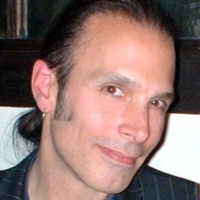
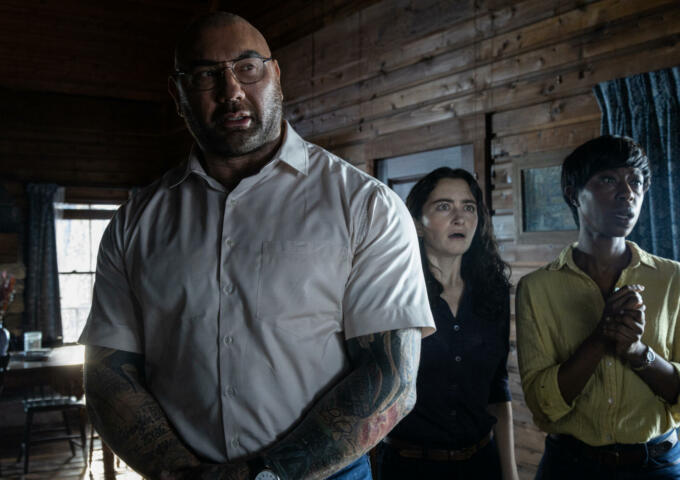
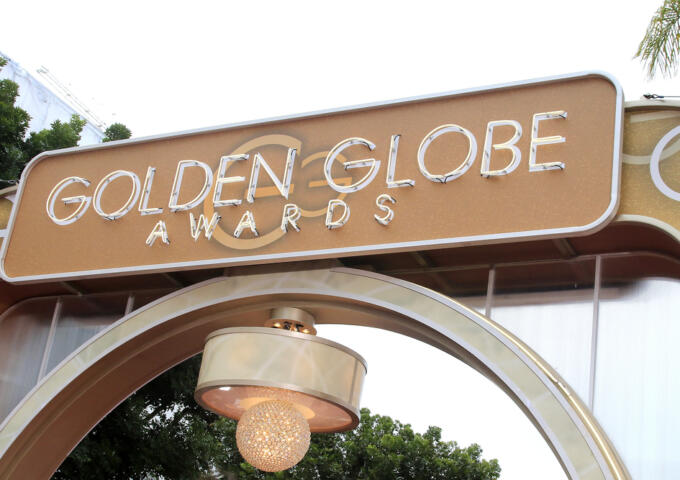
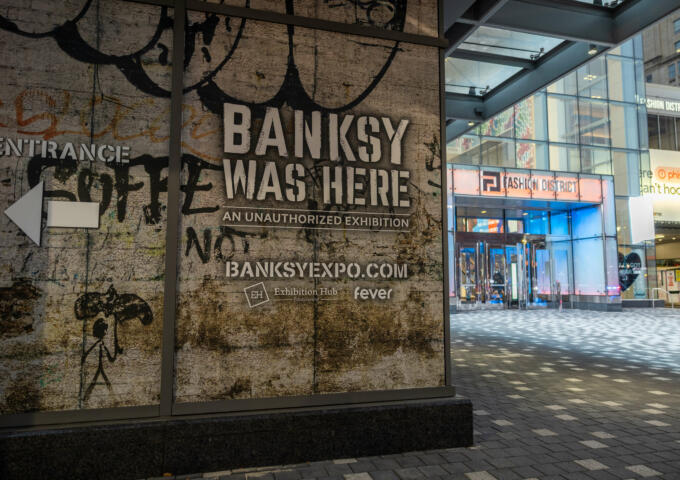
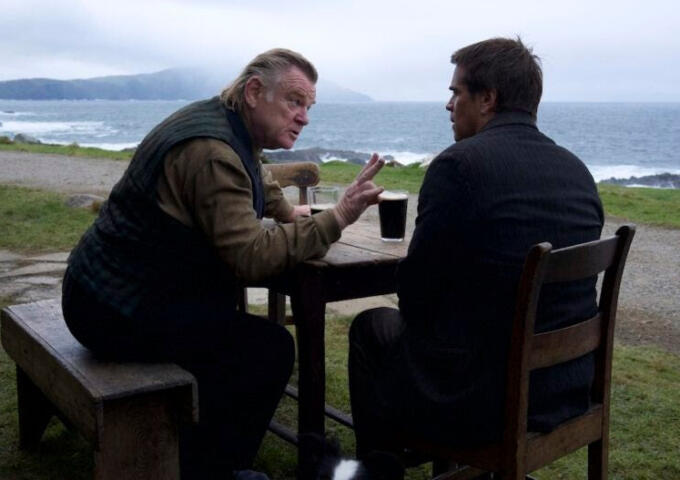
Leave a Reply